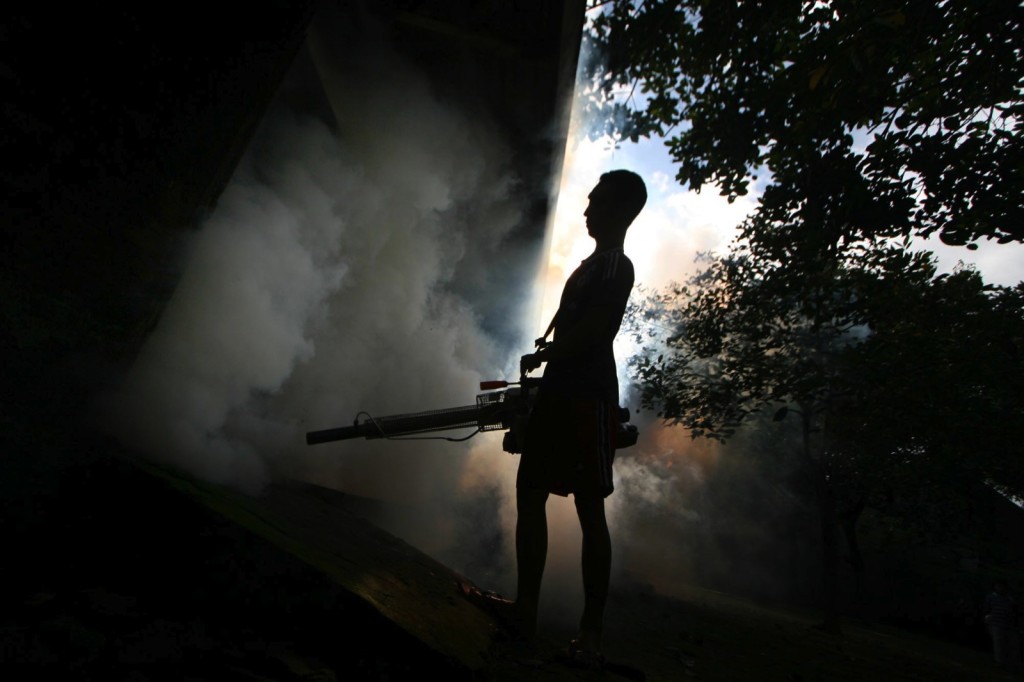Yogyakarta Site for Dengue Control Trial
An international group of scientists is set to tackle Indonesia’s deadly dengue fever outbreaks by releasing a batch of genetically modified mosquitoes in Yogyakarta later this year.
The group, headed by Monash University’s Scott O’Neill, found that the culprit Aedes aegypti mosquito, which carries the dengue, chikungunya and yellow fever viruses, had to be 10-12 days old in order to be able to transmit the virus.
To combat the spread of the disease they have turned to the wolbachia bacterium, a parasitic microbe found naturally in as many as 70 percent of insect species, which can control the host organism’s life span and its ability to reproduce.

As part of his “Eliminate Dengue” program, funded by the Bill and Melinda Gates Foundation, O’Neill will carry out a pilot project in Yogyakarta, a densely populated city with a high prevalence of dengue outbreaks, in which mosquitoes will be treated with wolbachia.
O’Neill noted that the project is still in the preliminary phase, but is upbeat about the outcome. Previous trials carried out since 2005, including in Vietnam, have shown a high degree of success in using the “wolbachia control method” to both tamp down the mosquito population and reduce the mosquitoes’ ability to transmit dengue and other viruses such as chikungunya and yellow fever to humans.
“The finding is also based on risk analysis,” O’Neill said during a seminar in Jakarta on Monday.
“The wolbachia method has no significant negative ecological impact, whether short term or long term, and is even more ecologically friendly than other [mosquito control] methods.”
He added he hoped there would be more support for the project from the Indonesian government if the Yogyakarta pilot project proved successful.
With an unusually protracted wet season expected to drag on into August, Indonesian health officials are bracing for more dengue threats.
Indonesia registers around 100,000 cases of dengue a year, some 3 percent of which are fatal. Globally, the World Health Organization notes that the incidence of dengue has “grown dramatically” in recent decades, with current estimates of 50–100 million dengue infections a year.
While fumigation drives are routinely carried out to kill the mosquito larvae, the scientists believe the wolbachia method will be even more effective.
| Attachment | Size |
|---|---|
| mosquito_preview-1024x682.jpg | 101.79 KB |
- Editor1's blog
- Login to post comments